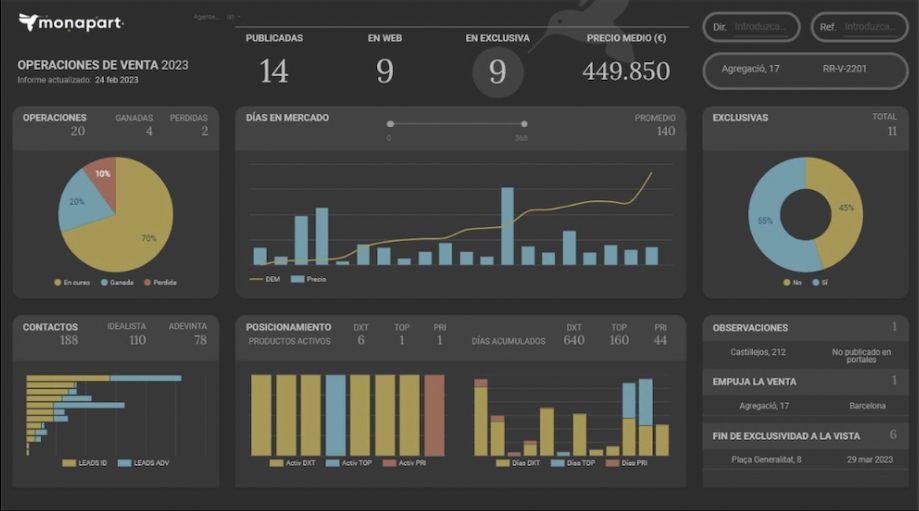The real estate agent (of the future) today
Real estate agents are our occupation; the core of everything we do at Monapart.
Since 2010 we have engaged with them in a variety of ways: we have worked with agents on payroll, we have serviced franchisees and, since the beginning of 2021, we have been working radically for independent agents. They are, for us, the client.
Both Monapart and service platform for real estate agents We believe that it is part of our job to lead the reflection on how the profession should evolve. Why? Because working with a hypothesis, with a desideratumThe "perfect agent" model, with a theoretical model of the "perfect agent", helps us to select certain training and not others, certain tools, specific staff to serve them, certain resources, certain messages. If our mission is to make any experienced agent the best version of themselves, we need to have a vision of what we think they should aspire to.
In this post I want to share with you what kind of agent we want our agent-clients to become. Or, in other words, what characteristics we think the real estate agent of the future should have.
Characteristics required of the estate agent of the future (today)
It will have specific training and accreditation
This is so obvious that I even feel lazy to write itZZZzzz... But I would like to take this opportunity to thank the triple leadership that is taking place in Barcelona in relation to all this. Gerard Duelo, Vicenç Hernández Reche y Anna Puigdevall.
You will have full digital competence
It means that the real estate agent of the future uses a wide range of digital productivity tools in a way that saves time instead of wasting it (by not knowing how to use them); it means that he works "in the cloud" from a multi-device and collaborative paradigm; it means that he has a medium or advanced knowledge of a classic office suite (word processor, spreadsheet, presentations); it means that he makes regular use of tools to organise his work (Trello, Google Tasks, Omnifocus...); it means that he does not conceive of working without CRM; it means that he makes intensive and advanced use of a calendar tool (Google, Google 360, iPhone); it means that he uses automation tools (Calendly, IFTTT, IFTTT, iPhone).); it means that they cannot conceive of working without CRM; it means that they make intensive and highly advanced use of a calendar tool (Google, Microsoft 360, iPhone); it means that they use automation tools (Calendly, IFTTT, Whatsapp Business,...); it means, in short, that they is digitally competent full.
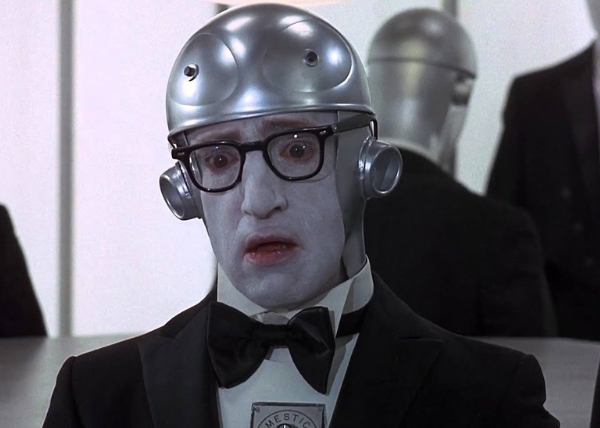
Will have the ability and willingness to learn on a continuous basis.
This is, again, a truism. The continuous learning It appears again and again in rankings and studies as one of the key competences of the 21st century worker. This lifelong learning encompasses competences (valuing assets, making a Due Diligencecoordinating a signature at a notary's office, etc.), skills (negotiation, effective communication, active listening, etc.) and knowledge (Urban Lease Law, average prices in an area, taxes on a sale, etc.). In short, the real estate agent of the future will be constantly learning about the internal (the profession) and the external (the market, the market, the regulations, the economic situation).
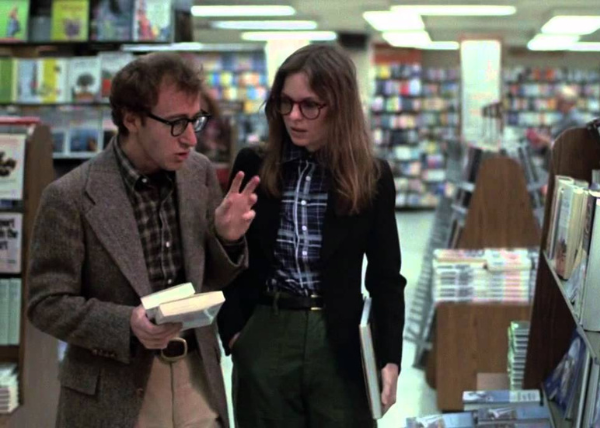
You will master the soft skills relevant to their trade
I could see this section as a variation on the lifelong learning referred to in the previous section, but it seems important enough to give it a space of its own.
Any business that is susceptible to the incursion of technology - and ours is - must anticipate new angles from which to provide value to the consumer. When technology gives us data, the added value is in knowing what to do with it; it is in the interpretation of the data. When an automated system answers a message for us, the added value lies in the use made of that "freed up" time and attention; anticipating the consumer's needs, for example.
Faced with a real estate future in which technology will solve the data and monkey workIn the case of the most qualified agents, those agents with the most complete competency profiles will be the most in demand. All those soft skills that enable an exceptional customer experience - attention to detail, conflict resolution, communication skills, empathy, problem solving, etc. - will be the most valuable.
Actively manage your personal brand
I will ignore the importance of this aspect, which is already well known. But I do not want to miss the opportunity to insist that "'doing' is not 'doing well'". Too often, agents understand personal brand management in terms of overexposure; they prioritise quantity over quality. But every time an agent posts an irrelevant or poorly thought-out comment, posts a crappy Tik-Tok or posts on Instagram with sub-par quality, they are digging an ever-deepening pit in the space of digital irrelevance. There is an urgent need for agents to professionalise - either because they are trained to do so or because they delegate or contract it - the management of their personal brand and presence in social networks.
Cultivate a high-value, trusted professional network
In a complex and fast-paced environment, we professionals will increasingly find ourselves facing challenges that we will not be able to solve alone: cultural, intergenerational, technological, ethical... Agents will be worth as much as their network of professional contacts is worth; those people they can count on - and who will count on them - to solve, from a collaborative logic, what they cannot solve alone. We must stop thinking of agents as isolated professionals or with a team or with 3 or 4 trusted suppliers and start conceiving them, from a new relational paradigm, as a node within a networked ecosystem.
It will be able to offer a best-in-class service experience.
I will never tire of repeating that any agent who sees his services as a necessity is "dead". The fact that between 30% and 40% of sales transactions occur - successfully! - between private individuals should have convinced them years ago that real estate representation services are a desirable option rather than a necessity. and that, therefore, despite what many would like to believe, they are closer to the midday menu than to maxillofacial surgery. What does this mean? It means that agents must be able to transcend the mere utility of their service - selling a house, for example - to turn it into an extraordinary experience that is worth living and paying for: comfortable, easy, exciting, sophisticated, memorable.. The alternative will be a mediocre, co-produced service, but at half the price: Housfy, Housell... If they survive.
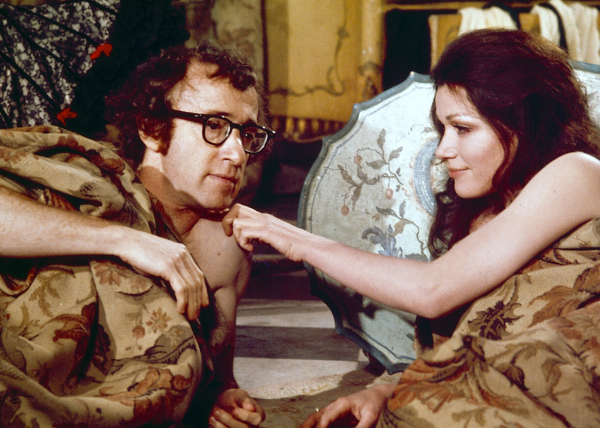
It will be - genuinely - socially and environmentally responsible.
No self-respecting real estate agent of the future (today) can turn his or her back on making a small (or large) contribution to improving society and caring for the environment. Aligning the activity with the MDG independently or, for example, through certification BCorp as our colleagues from the real estate agency have done. Withfor -let's hear it for them- will increasingly become a hygiene factor for estate agents. In other words: It is not that they will choose us because we can prove it, but that they will stop doing it if we cannot.
But this commitment must transcend the cosmetic dimension of CSR and be core, intimate, consubstantial, authentic and strategic.
Finally, I venture to predict things that may happen the day that many real estate agents meet these characteristics:
The profession of agent will be aspirational and prestigious.
It will happen that on Christmas Day a 15-year-old boy or girl, when asked by his or her grandfather what he or she wants to be when they grow up, will say loud and clear: "I want to be an estate agent". And no one's heart will skip a beat. I talked about this in my article in The prestige of the estate agent and in the Don't call me Dolores, call me Lola.
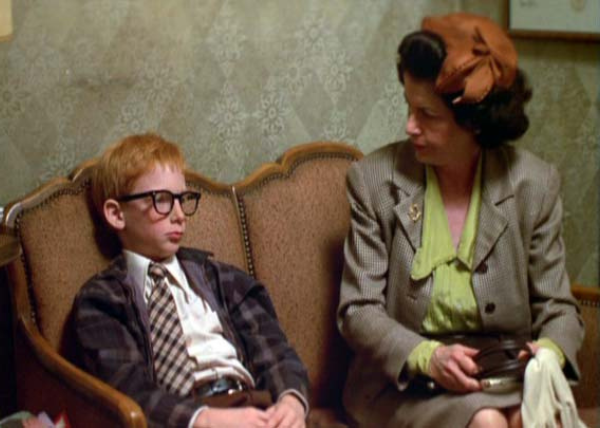
Agency fees will increase. Or decrease
It may be that, due to the need for training and certification, barriers to entry into the profession will increase and the number of active agents will fall. If there are fewer agents, but the supply of homes for sale or rent remains the same, client acquisition costs - the big black hole of agents' time - will fall, and agents may accept lower fees as recruitment and sales occur more regularly and with less effort.
But it could also be the case that the impact of technology will lead to sustainable and reasonably attractive business models based on co-production and low costs; the macdonaldisation of real estate services. In this scenario, these companies would absorb an increasing amount of sales transactions, turning the hiring of a real estate agent into a variant of a "premium personalised service" that is only contracted by those seeking memorable, high-priced consumer experiences inaccessible to the average consumer.
The good agent is king (or queen)
This means that the ecosystem of services and tools at the service of the agent will be strengthened. It means that traditional franchises will have to adjust their business and fee-sharing models. It means that good agents will start to block the phones of the platforms' recruiting departments and large agencies, as we have all done with mobile operators. This means that the best agents will acquire the status of big footballers (please don't take that literally). This means that agencies and platforms will have to master the care and retention of their agents.
Thanks for reading this far 🙂




